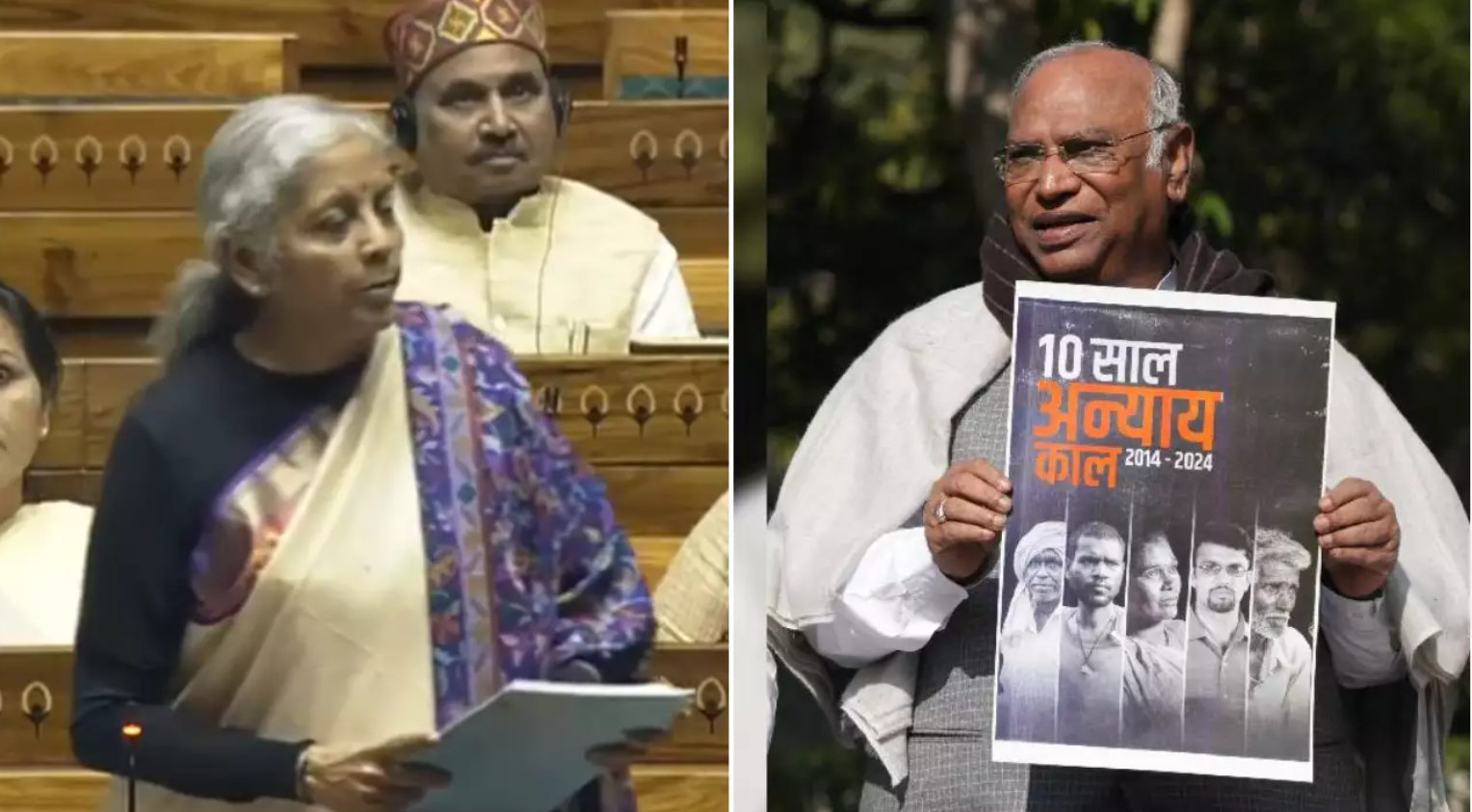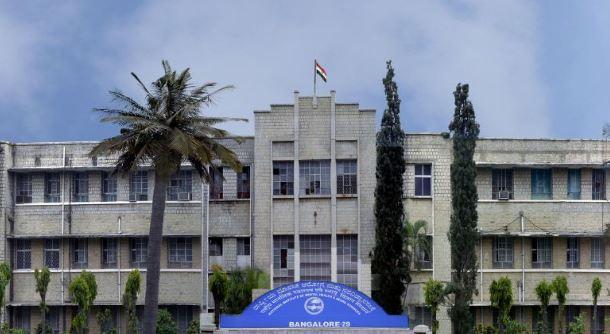White Paper vs Black Paper: How BJP, Congress took on each other?

On 8th February 2024, the seventh day of the Budget Session, Finance Minister Nirmala Sitharaman presented a ‘White Paper on the Indian Economy,’ highlighting alleged economic mismanagement during the UPA regime and the achievements under the NDA rule in Lok Sabha.
FM Nirmala Sitharaman’s White Paper highlighted challenges faced during the UPA years, alleging corruption and financial indiscipline. She emphasized the NDA government’s efforts in steering the economy towards sustainable growth.
What is a Black Paper and White Paper?
A Black Paper presents a critical perspective on a particular topic, issue, or policy. It challenges the prevailing narratives and perspectives through critical analysis, addressing controversial subjects, providing evidence, and proposing alternative approaches.
In contrast, the White Paper provides comprehensive information, analysis, and proposals on a specific topic, policy, or issue. It is often released by governments, organizations or experts to shape public policy. White Paper serves as a crucial tool for informing policymakers, stakeholders, and the public about the government’s policies, initiatives, and their intended impact on the economy. It offers a detailed assessment of economic indicators, reforms, and their implications for various sectors of economy.
Lok Sabha’s Discussion on the White Paper
Today, the Lok Sabha commenced a debate session on the ‘White Paper’ presented by Finance Minister Nirmala Sitharaman, emphasizing the failures of the UPA government and the NDA government’s efforts to revive the economy.
Presentation of the White Paper
Finance Minister Sitharaman introduced the White Paper in both Hindi and English languages, highlighting the UPA government’s corruption, scams, economic mismanagement, and ineffective policy planning. The document also outlined the steps taken by the NDA government to rejuvenate the economy and enhance the nation’s image.
Congress Releases Black Paper on Modi Government’s Tenure
On 8th February 2024, hours before tabling of the NDA’s white paper in the Lok Sabha, the Congress countered the NDA Government’s White Paper by unveiling a “black paper” on the Narendra Modi government’s tenure.
Titled ’10 Saal Anyay Kaal 2014-2024 (10 years of injustice)’, the black paper presented a critical assessment of the Modi government’s performance, highlighting perceived shortcomings across various sectors.
Insights from the White Paper
- The White Paper compared the UPA years with the tenure of the Narendra Modi government, highlighting the banking crisis legacy inherited from the UPA era.
- It pointed out numerous scams during the UPA regime, including the Coal Block Allocation and the 2G spectrum scam, which resulted in significant revenue losses.
- The document criticized decision-making and leadership crises within the UPA government, citing instances such as the public tearing up of an ordinance issued by the government.
Key Assertions of Black Paper
- Economic Devastation: The black paper alleges that the country’s economy has been “devastated” under the Modi regime, pointing to heightened unemployment and the deterioration of the agriculture sector.
- Social Impact: It accuses the government of “abetting” crimes against women and perpetrating “grave injustices” against minorities, reflecting broader concerns about social justice and communal harmony.
Key Points from the Debate in Lok Sabha
Sitharaman criticized the Congress, stating that its priorities always favored the family over national interests. She emphasized that sincere efforts, transparency, and prioritizing the nation have yielded positive results under the Modi government’s leadership.
Addressing the handling of the 2010 Commonwealth Games and the coal scam during the UPA regime, Sitharaman underscored the adverse impact on the nation’s reputation and economy. She credited the NDA government’s economic reforms for restoring economic stability.
Sitharaman accused the Congress of neglecting national interests and promoting crony capitalism, contrasting it with the Modi government’s efforts to curb corruption and promote inclusive growth.
Congress MPs Jairam Ramesh and Manish Tewari voiced their criticisms regarding the White Paper presented by the BJP government in Parliament, alleging it to be politically motivated and lacking in addressing crucial issues.
Congress MP Jairam Ramesh highlighted significant omissions in the White Paper, noting the absence of key issues such as demonetisation, unemployment, inflation, and economic disparity. He pointed out that crucial matters like the border situation with China, border tensions, the situation in Manipur, and rising unemployment were overlooked. Ramesh criticized the White Paper as another event reflecting the tenure of Prime Minister Modi, alleging the privatization of state-owned enterprises, including ports, airports, railways, factories, and oil refineries, favoring a select few individuals.
Congress MP Manish Tewari characterized the Modi government’s White Paper as a political manifesto rather than an objective assessment of the economy. He echoed Ramesh’s sentiments, questioning the White Paper’s failure to address critical issues and its focus on highlighting the failures of the UPA government.
Way Forward
The contrasting narratives presented through the white paper and black paper underscore the political polarization surrounding the evaluation of the Modi government’s performance. As both documents enter the public domain, they are likely to fuel further debate and scrutiny over the government’s policies and their impact on various strata of society and the economy.





